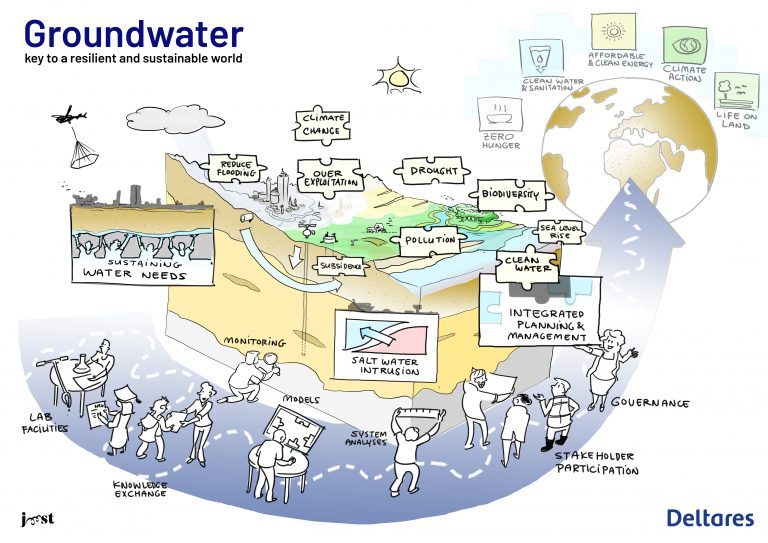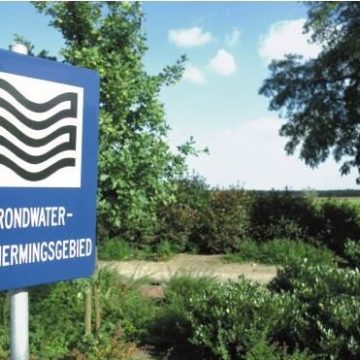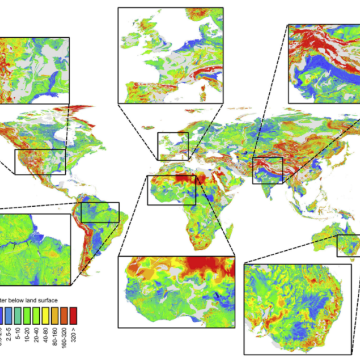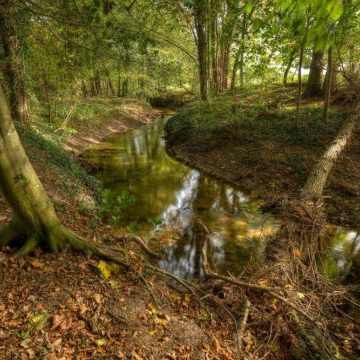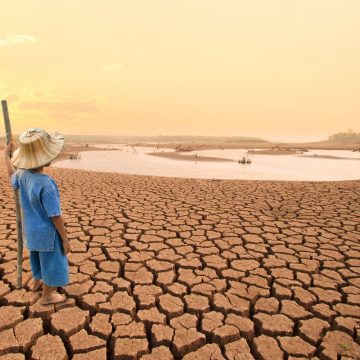Groundwater: key to a resilient and sustainable world
It is time for groundwater to become more visible. The invisible underground ‘water towers’ beneath our feet contain 100 times more freshwater than the volume of surface water on the continents. But this groundwater is under pressure due to unsustainable use, salinisation and pollution. We all depend on this fresh groundwater: for nature, for drinking and eating, and for our economy. The transitions required, such as the water, energy and agricultural transitions, mean we need to make responsible decisions about the use of water and space, and that includes the subsurface. In this groundwater year, we are eager to make the urgency of these issues, our intended social impact and groundwater expertise visible. Allow us to give three examples.
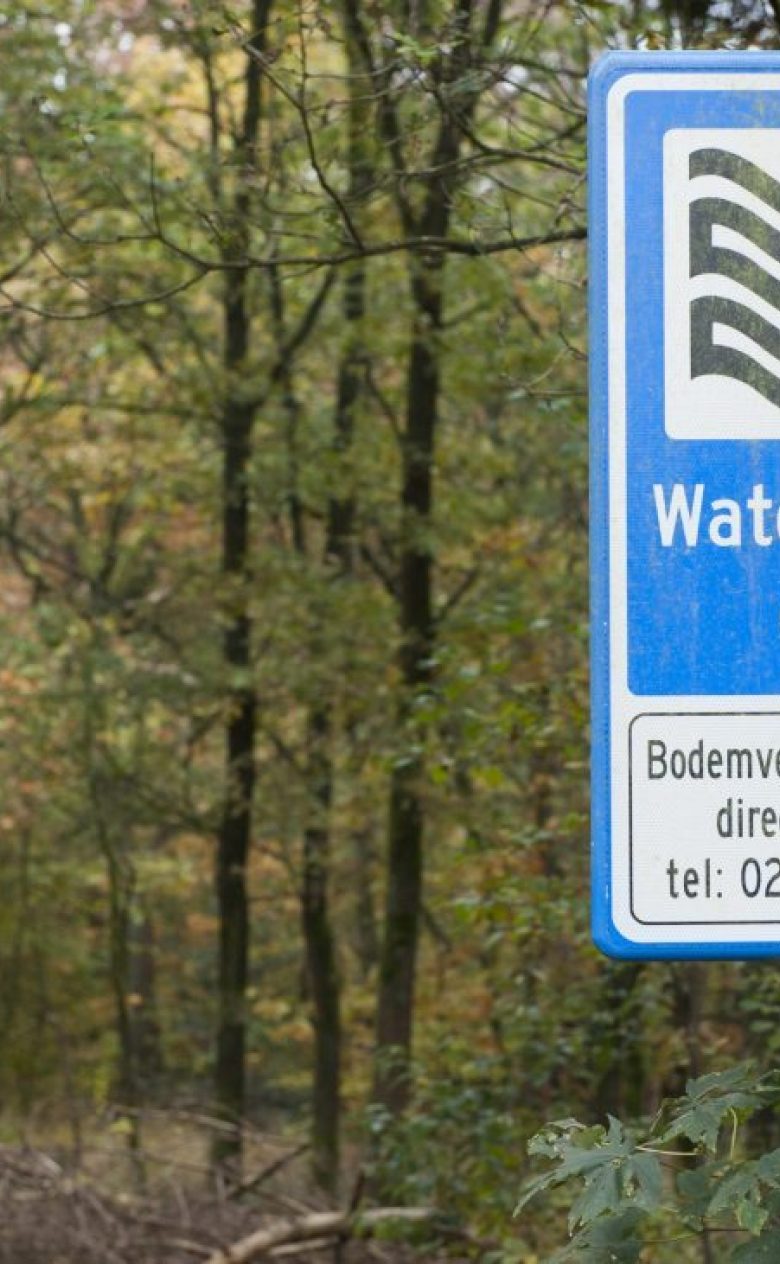
Changing deltas and groundwater management
Sinking and salinizing deltas are a worldwide problem. Land subsidence and the salinity of groundwater are often a direct result of how groundwater is managed, with sea level rise and more frequent drought as catalysts in this process. It is important to make visible how the system works and the role of groundwater in it. Research into solutions for the sustainable management of groundwater in coastal and river basins is one of the Deltares priorities. We are working on that research throughout the world, as in Jakarta, the Mekong Delta, in Senegal, and in the Dutch peatland area.
Urbanisation and the ‘greying’ of groundwater
The world is becoming more urban and that also has an impact below the surface on the quality of groundwater. Contaminants from the past, as well as emerging substances of concern from new production processes, are slowly degrading the general quality of groundwater for many years into the future. We describe this as the ‘greying’ of the groundwater. Here again, we have to make these processes visible so that people will be willing to seek solutions. We do that in large research alliances. And we contribute to the ‘Zero Pollution action plan’ as part of the European Green Deal.
Groundwater and future-proof planning
Particularly in densely populated areas such as the Netherlands, more and more claims are being made on the subsurface. They involve housing, the energy transition, nitrogen emissions, sustainable agriculture and the protection of nature areas. The groundwater system and the ecosystems that depend on it are under increasing pressure as a result, and climate change is amplifying that pressure. Future scenarios and an integrated picture make the urgency clear. An area-based approach is needed in which sustainable and resilient groundwater management is a fundamental determinant of decisions about planning. Not everything can be done everywhere forever.
We are working on a range of projects to demonstrate the pressing condition of our groundwater, to develop solutions and strategies, and to get them onto the agenda.
